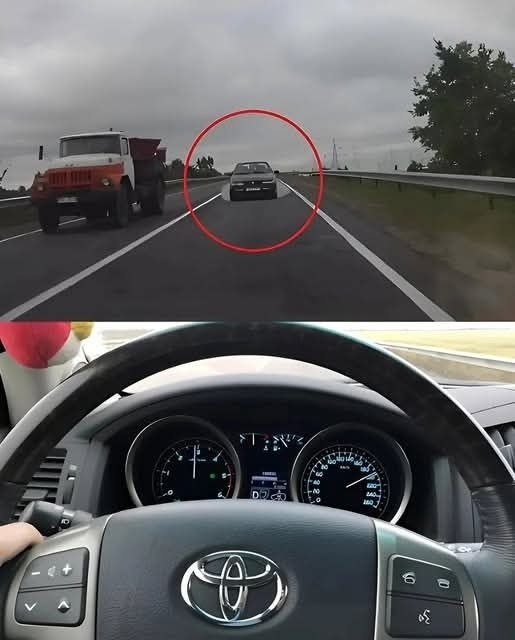You’re driving along calmly, and suddenly, a car appears out of nowhere. It’s too close. There’s no room to maneuver. A collision seems inevitable. In situations like this, everything happens in a matter of seconds, and it’s very easy to panic.
But staying calm and knowing how to react can make the difference between a minor accident and a tragic one. This article guides you step-by-step on how to react if you’re faced with an imminent collision.

What to do if a car is approaching and you can’t avoid the collision?
When there’s no way to escape a collision, the important thing is to minimize the impact as much as possible and protect your physical safety and that of your passengers. Here are the key steps:
1. Anticipate: the key to avoiding serious accidents
Many collisions can be avoided if you’re always alert and know how to read other drivers’ behavior.Key tips:
- Maintain a safe distance from the car in front of you.
- Constantly look in the mirrors.
- If you see a car approaching at high speed or making dangerous maneuvers, mentally prepare to react.
2. Never brake suddenly if you are about to be hit from behind.
Braking abruptly can increase the damage and endanger those behind you.Instead:
- Release the brakes gently if an impact is imminent, allowing your car to move with the impact and absorb some of the energy.
3. Steer the car to the area of least impact possible
If you can maneuver, swerve your vehicle to the side of the road, onto the grass, the shoulder, or any other space that reduces the risk of colliding with other vehicles or structures.Important: Avoid sharp steering, as this could cause a rollover.
4. Protect your body at the moment of impact
- Keep both hands on the wheel, but without extreme tension.
- Rest your head on the headrest to avoid whiplash.
- Don’t lock your legs or stiffen, as this can increase the risk of fractures.
5. After impact, assess the situation before moving
- Check for injuries before attempting to exit the vehicle.
- Turn off the engine if it is safe to do so.
- Don’t rush out of the car, there may be traffic around.
- Call emergency services and provide your exact location.
Additional tips to be better prepared
- Always wear your seat belt, even on short trips.
- Don’t get distracted by your cell phoneor other devices. A second can make all the difference.
- Avoid driving while tired, as it reduces reflexes and reaction capacity.
- Know the escape zoneson the road you’re traveling on: shoulders, exits, safe zones.
- Keep your brakes, tires, and lights in good condition: prevention is also part of defense.